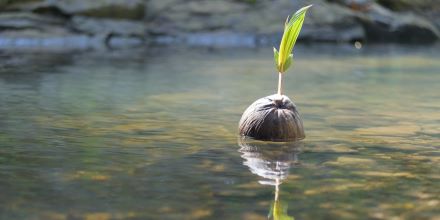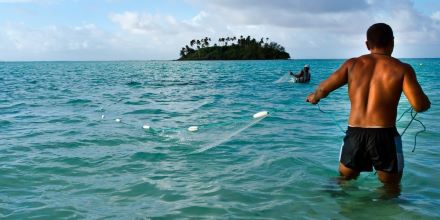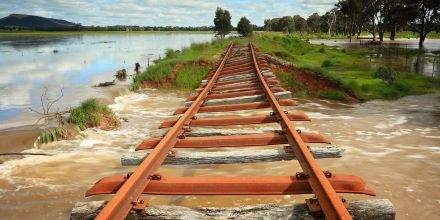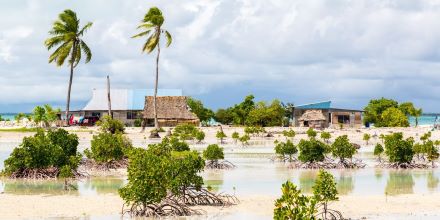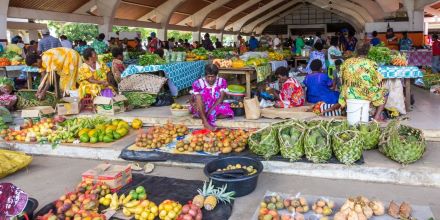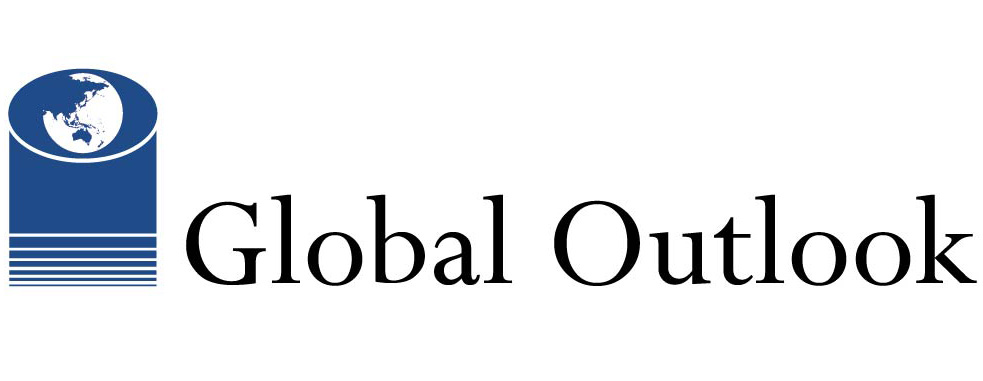
Curated expert opinion on intractable contemporary issues
Global Outlook: Climate Change and Conflict
The Missing Link - Indigenous Pasifika Climate Knowledge
By Tafue Lusama
| 07 March, 2023
The global climate narrative has been largely shaped by Eurocentric philosophies, frameworks, and concepts. In most cases, adaptation and mitigation measures are formulated outside of the Pacific region, trialed, and then implemented in the Pacific with the assumption that they are the best solution for the Pacific Island countries, without considering the indigenous knowledges that do exist at the grassroots.
Habitability and Relational Security
By John Campbell and Carol Farbotko
| 20 February, 2023
Climate change may very seriously threaten the material necessities of life and wellbeing. However, focussing on the tangible can cause us to overlook or neglect the non-material elements of people’s security which for most people in, and from, Pacific Islands, are critically important.
Is Climate Change a Threat to Australia’s National Security?
By Tobias Ide
| 16 February, 2023
Australians are increasingly expressing concerns about the security implications of climate change. This might not be surprising given the long coastline of the country and the frequent occurrence of bushfires, cyclones, droughts, and most recently some of the worst floods in Australia’s history.
Atoll Futures – Defining Habitability
By Carol Farbotko and John Campbell
| 10 February, 2023
The risk of atoll uninhabitability in the context of sea level rise is a well-known issue, often simplified to assume an inevitable mass exodus of atoll populations and thus described as an existential threat.
Lost for Words: Fears of ‘Catastrophic’ Language Loss Due to Rising Seas
By Karen McVeigh
| 07 February, 2023
Climate crisis could be ‘final nail in the coffin’ for half of all surviving languages, say linguists, as coastal communities are forced to migrate.
Environment, Peace and Conflict Research: The Need for Constructive Dialogue
By Tobias Ide
| 17 January, 2023
Despite the rapid growth in environmental peace and conflict research over the past two decades, the field remains deeply divided, with little (constructive) engagement between the various research streams.
The views and opinions expressed in Global Outlook are those of the authors and do not necessarily reflect the official policy or position of Toda Peace Institute.
The Missing Link - Indigenous Pasifika Climate Knowledge
By Tafue Lusama | 07 March, 2023
The global climate narrative has been largely shaped by Eurocentric philosophies, frameworks, and concepts. In most cases, adaptation and mitigation measures are formulated outside of the Pacific region, trialed, and then implemented in the Pacific with the assumption that they are the best solution for the Pacific Island countries, without considering the indigenous knowledges that do exist at the grassroots.
Habitability and Relational Security
By John Campbell and Carol Farbotko | 20 February, 2023
Climate change may very seriously threaten the material necessities of life and wellbeing. However, focussing on the tangible can cause us to overlook or neglect the non-material elements of people’s security which for most people in, and from, Pacific Islands, are critically important.
Is Climate Change a Threat to Australia’s National Security?
By Tobias Ide | 16 February, 2023
Australians are increasingly expressing concerns about the security implications of climate change. This might not be surprising given the long coastline of the country and the frequent occurrence of bushfires, cyclones, droughts, and most recently some of the worst floods in Australia’s history.
Atoll Futures – Defining Habitability
By Carol Farbotko and John Campbell | 10 February, 2023
The risk of atoll uninhabitability in the context of sea level rise is a well-known issue, often simplified to assume an inevitable mass exodus of atoll populations and thus described as an existential threat.
Lost for Words: Fears of ‘Catastrophic’ Language Loss Due to Rising Seas
By Karen McVeigh | 07 February, 2023
Climate crisis could be ‘final nail in the coffin’ for half of all surviving languages, say linguists, as coastal communities are forced to migrate.
Environment, Peace and Conflict Research: The Need for Constructive Dialogue
By Tobias Ide | 17 January, 2023
Despite the rapid growth in environmental peace and conflict research over the past two decades, the field remains deeply divided, with little (constructive) engagement between the various research streams.
The views and opinions expressed in Global Outlook are those of the authors and do not necessarily reflect the official policy or position of Toda Peace Institute.
